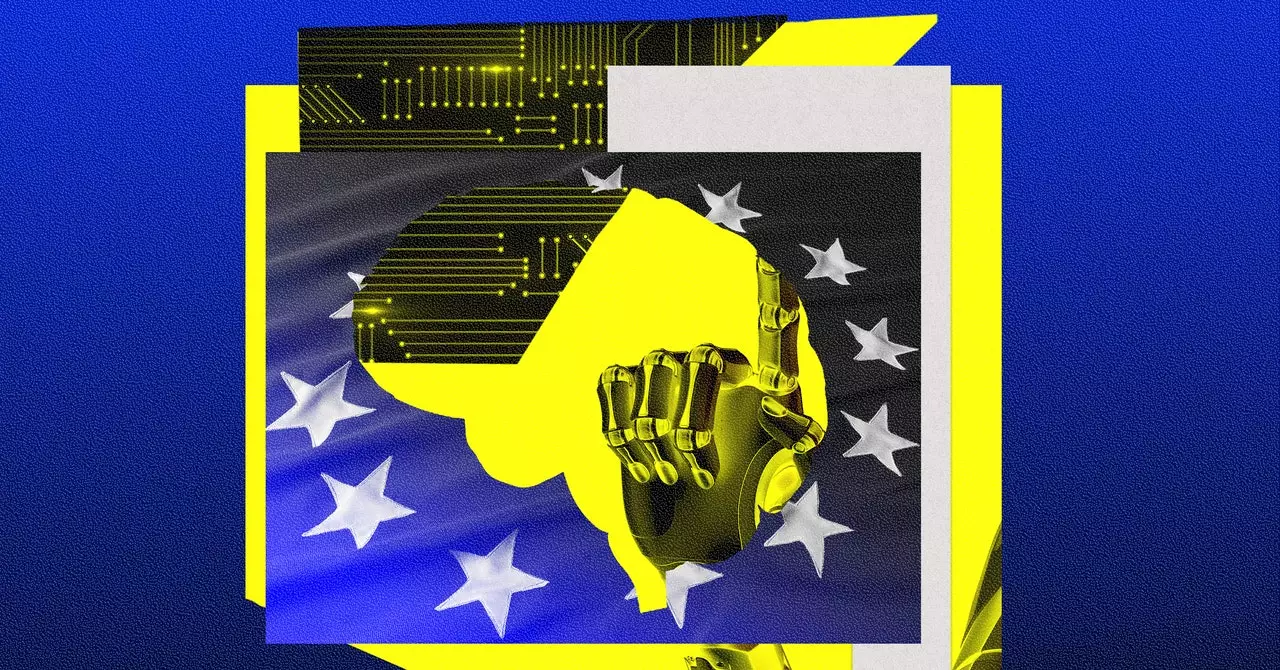The concentration of power in the hands of a few tech giants in Silicon Valley is a growing concern for European governments. This situation has made European companies dependent on these tech giants for the latest services and technology, leading to a flow of money and data across the Atlantic. The fear of falling behind in the AI race has become more urgent as AI is seen as the engine of the next technological revolution.
In response to the dominance of Big Tech from the US and China, the European Commission issued an AI plan in 2018 that advocated for “AI made in Europe” to compete with these global powers. However, the definition of AI sovereignty remains unclear. Some view it as a need to challenge Big Tech, while others believe that having European-owned tech companies would suffice.
The EU’s AI Act, which is expected to become law this summer, places a strong emphasis on regulating potential harms and privacy concerns related to AI technology. However, some member states, like France, expressed concerns that strict regulation could stifle the growth of their emerging AI companies. There is a push for Europe to innovate in AI before imposing heavy regulations.
To compete in the AI space, Europe must possess data, computing power, talent, and capital. While data is relatively accessible and Europe boasts skilled AI professionals, retaining talent remains a challenge. The EU is investing in high-performance computing resources, and initiatives like the “AI Factories” provide startups with access to supercomputers. Despite these efforts, there is a significant gap in private investment between the US and Europe in AI technology.
Europe is at a crucial juncture in the development of AI technology. The quest for AI sovereignty, regulatory challenges, and the need for significant investment pose significant hurdles for the continent. To succeed in the global AI race, Europe must find a balance between innovation and regulation, foster AI talent, and bridge the investment gap with the US. Only by addressing these challenges head-on can Europe hope to become a major player in the AI landscape.


Leave a Reply